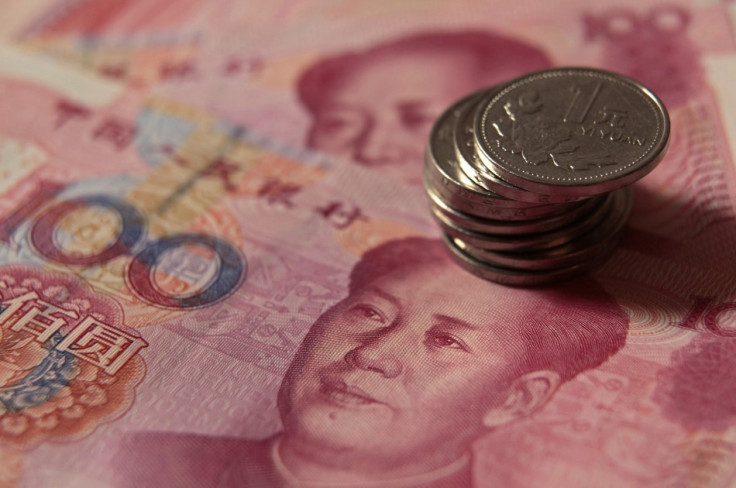China's Recovery on Track But Rising Inflation Prevents Monetary Easing
Inflation rises 2 percent in November from a 33-month low of 1.7 percent in October

Official data indicates that China's economy is benefiting in terms of manufacturing, retail sales, industrial output and property investment, but a sudden rise in inflation has reduced the chance of a further easing of monetary policy to help boost economic recovery.
The consumer price index (CPI), an important measurement of inflation, grew to 2 percent year on year in November, according to the National Bureau of Statistics (NBS). The rise was from a 33-month low of 1.7 percent in October.
On a month-on-month basis, November's CPI rose 0.1 percent from October.
The growth in inflation is primarily attributable to a surge in food costs, which rose 3 percent year on year in November, helping the index to add 0.95 percentage point. Food prices have a weight of about one-third in the CPI calculation.
Vegetable prices jumped 11.3 percent year on year in November, while aquatic products were 4.9 percent costlier.
Excluding food prices, China's CPI gained 1.6 percent.
Average inflation growth for the first 11 months was 2.7 percent, compared to the 3.3 percent rise in the first half of the year.
The country's producer price index (PPI), which measures inflation based on wholesale prices, declined 2.2 percent year on year in November, marking the ninth straight month of decline.
The November PPI figure points to improved manufacturing activity. The Purchasing Managers Index rose to 50.6 percent in November from 50.2 percent in October.
NBS separately reported that China's value-added industrial output rose 10.1 percent year on year in November, compared with a rise of 9.6 percent in October.
Retail sales, one of the country's key growth drivers, grew 14.2 percent year on year to 18.68tn yuan (£1.87tn) in the first 11 months of the year. November retail sales totalled 1.85tn yuan (£185.31bn), an increase of 14.9 percent over the same period last year.
China's fixed asset investment rose 20.7 percent year on year to 29.25tn yuan (£2.93tn) in the first ten months of 2012, up 0.2 percentage point from the growth rate in the first nine months. Fixed asset investment rose 1.9 percent sequentially in October.
Also, real estate investment rose 16.7 per cent in the first 11 months of 2012 from the year-ago period, up from an annual increase of 15.4 per cent in the first 10 months of the year.
China earlier said that its economy improved 7.4 percent in the third quarter, the weakest performance in more than three years and the seventh straight quarter of slowing economic growth.
However, the recent official data related to manufacturing, retail sales, industrial output and property investment indicates a recovery in the economy, according to analysts.
In order to boost economic growth, China's central bank lowered interest rates twice in June and July. But it has not cut interest rates since, owing to concern over consumer and property price inflation.
The inflation growth in November may prompt the central bank to push ahead with its monetary policies.
"We expect consumer inflation to not see a big rebound until the first quarter of next year," Reuters quoted Guotai Junan Securities analyst Jiang Chao as saying.
"Therefore, the central bank may stick to its current policy stance and we see little chance of further (policy) loosening towards the year end."
© Copyright IBTimes 2025. All rights reserved.






















